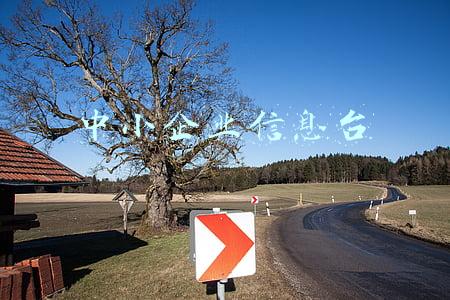
"Adventure is out there!" Muntz exclaimed into the camera. He lowered his goggles over his eyes and gave a thumbs-up.
"探险就要开始了!"蒙兹对着镜头欢呼道。他把眼镜从头顶拉下来架在眼睛上,并竖起了大拇指。—《飞屋环游记》
这是《飞屋环游记》里的一段话,借这段话我们来学习一下out的用法,它可以作副词,形容词和动词
作为副词:
Out is often used with verbs of movement, such as 'walk' and 'pull', and also in phrasal verbs such as 'give out' and 'run out', out 常与walk, pull等行为动词连用,也用于give, out run out等短语动词中。
She ran out into the corridor.
她跑出去冲到了走廊。
I had to go out.
我得出门了。
Read it out loud.
大声地读出来。
When does her new book come out?
她的新书什么时候出版?
作为形容词:
灯、火等熄灭的;花盛开的
All the lights were out in the house.
屋里的灯都灭了。
Well, the daffodils are out in the gardens and they're always a beautiful show.
哇,花园里的水仙花开了,它们总是一道亮丽的风景。
I usually put it in my diary when I see the wild flowers coming out.
我看到野花盛开,总会写到日记里去。
作为动词:
公开宣称…的同性恋身份
The gay and lesbian rights group, Stonewall, sees outing as completely unhelpful.
那女同性恋权益组织"石墙"认为公开同性恋者身份毫无用处。
out of的用法:
(1) 从…离开
She let him out of the house.
(2) 她让他离开了房子。
(3) 向…外面
He went on staring out of the window.
他继续凝视着窗外。
(4) 避开
People can keep out of the sun to avoid skin cancer.
人们可以通过避开阳光照射来预防皮肤癌。
(5) 摆脱,脱离(尤指令人不愉快的事情)
The economy is starting to climb out of recession.
经济开始走出萧条。
(6) 在…之外
He turned to look back, but by then she was out of sight.
他转过头看,但那时她已经不见了。
(7) 由于
Some people have left out of embarrassment at what's happened to them.
一些人离开是由于发生的事情使他们难堪。

(8) 从…中(得到)
We all had a lot of fun out of him.
他给我们带来很多快乐。
(9) 缺乏,没有
I can't find the sugar, and we're out of milk.
我找不到糖,我们的牛奶也没了。
(10) 用…制成
Would you advise people to make a building out of wood or stone?
你会建议人们用木材还是用石头建房子?









